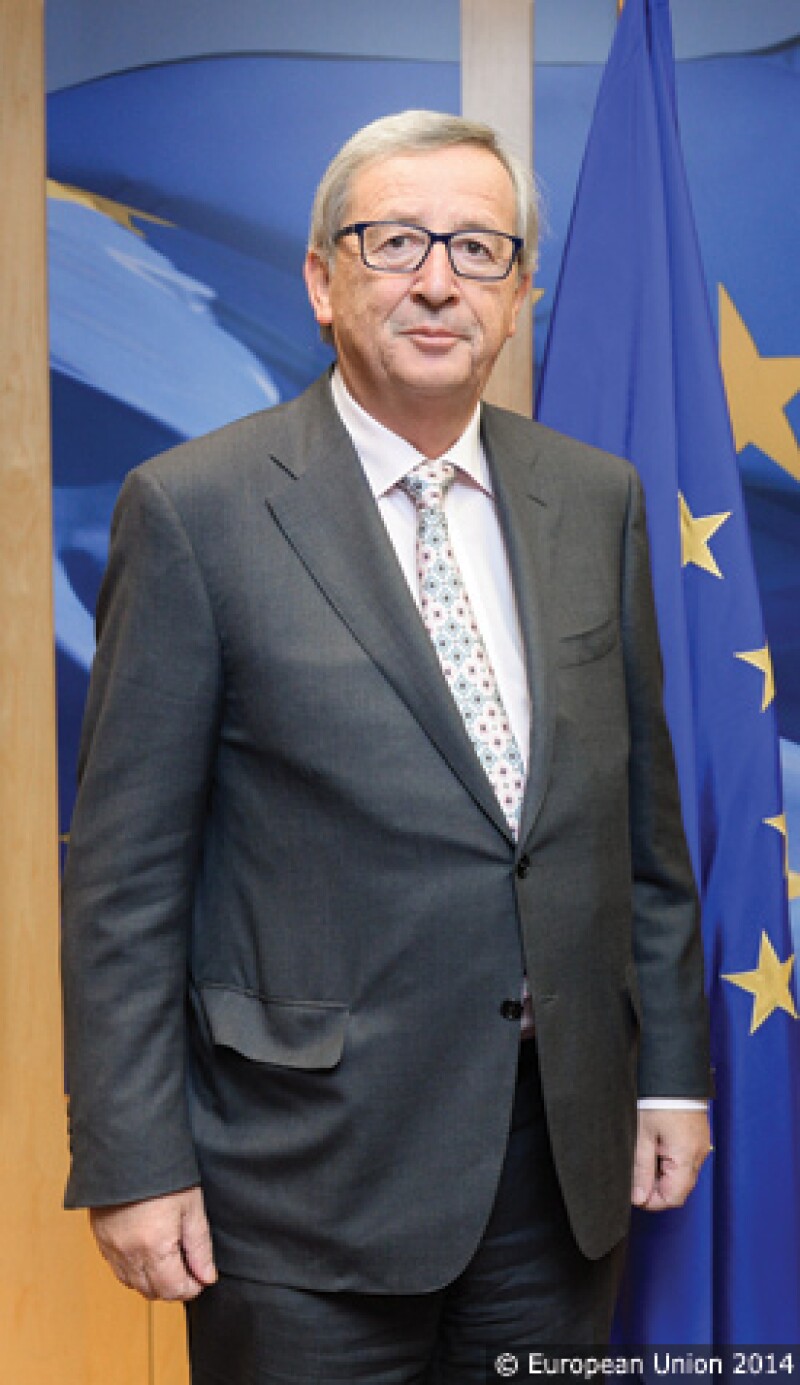
|
Wherever Jean-Claude Juncker has gone in the past 12 months, controversy has followed more closely than his shadow.
He must have grown some pretty thick skin during 2014, as commentators from all over the world weighed in with criticism of the European Commission president.
"Jean-Claude Juncker needs to go" was the heading attached to a November 9 editorial from Bloomberg View.
The former Luxembourg finance minister (for 20 years between 1989 and 2009) and prime minister (for 18 years between 1995 and 2013) was a controversial choice for the Commission presidency even before the comfort letter tax rulings and state aid investigations hit the news, with the UK in particular voicing strong concerns about the cognac-drinking Luxembourger.
"Everything has consequences in life. Obviously, I think proceeding in the way that countries are planning to proceed in choosing this individual, I believe that this is the wrong approach. And I think that would be bad for…all of Europe," said UK Prime Minister David Cameron ahead of Juncker's appointment to the EU's top job.
Criticism from the UK has increased since the International Consortium of Investigative Journalists (ICIJ) released swathes of documents detailing tax arrangements Luxembourg agreed with hundreds of corporate taxpayers while Juncker was the Grand Duchy's premier.
"[He] has just taken over the European Commission, [but] he's presided over the biggest exploitation of European nations in his own little country for decades," said Margaret Hodge, chairwoman of the UK parliament's Public Accounts Committee and Global Tax 50 2013 top 10 member.
The Bloomberg View editorial pulls no punches either, describing Juncker as a "quintessential backroom dealer" who built and ran an international tax haven at the expense of other European countries, concluding that his position "as the head of the body investigating the tax practices he oversaw as Prime Minister is a clear conflict of interest".
Doubtless he would have preferred a more low-key opening to his tenure as Commission President, but judging by the response of his spokesman in November, his skin is indeed thicker than a Tolstoy novel.
"If he were a teenager I'd say he was cool," said the president's representative, who insisted he was not feeling any pressure despite cancelling public appearances.
The controversy surrounding Juncker's appointment, the initial state aid investigations and the ICIJ-driven LuxLeaks revelations have ensured that the general public's interest in tax has continued to grow. As the Commission's top man, Juncker's influence was always assured, but the way this has manifested itself to date means his influence has been much more negative than he would have liked.
If things carry on the way they are doing, and Juncker does not resign, the Commission's reputation runs the risk of being downgraded to Junck status.
The Global Tax 50 2014 |
||
|---|---|---|
| Gold tier (ranked in order of influence) 1. Jean-Claude Juncker 2. Pascal Saint-Amans 3. Donato Raponi 4. ICIJ 5. Jacob Lew 6. George Osborne 7. Jun Wang 8. Inverting pharmaceuticals 9. Rished Bade 10. Will Morris Silver tier (in alphabetic order) Joaquín Almunia • Apple • Justice Patrick Boyle • CTPA • Joe Hockey • IMF • Arun Jaitley • Marius Kohl • Tizhong Liao • Kosie Louw • Pierre Moscovici • Michael Noonan • Wolfgang Schäuble • Algirdas Šemeta • Robert Stack Bronze tier (in alphabetic order) Shinzo Abe • Alberto Arenas • Piet Battiau • Monica Bhatia • Bitcoin • Bono • Warren Buffett • ECJ Translators • Eurodad • Hungarian protestors • Indian Special Investigation Team (SIT) • Chris Jordan • Armando Lara Yaffar • McKesson • Patrick Odier • OECD printing facilities • Pier Carlo Padoan • Mariano Rajoy • Najib Razak • Alex Salmond • Skandia • Tax Justice Network • Edward Troup • Margrethe Vestager • Heinz Zourek |
||









